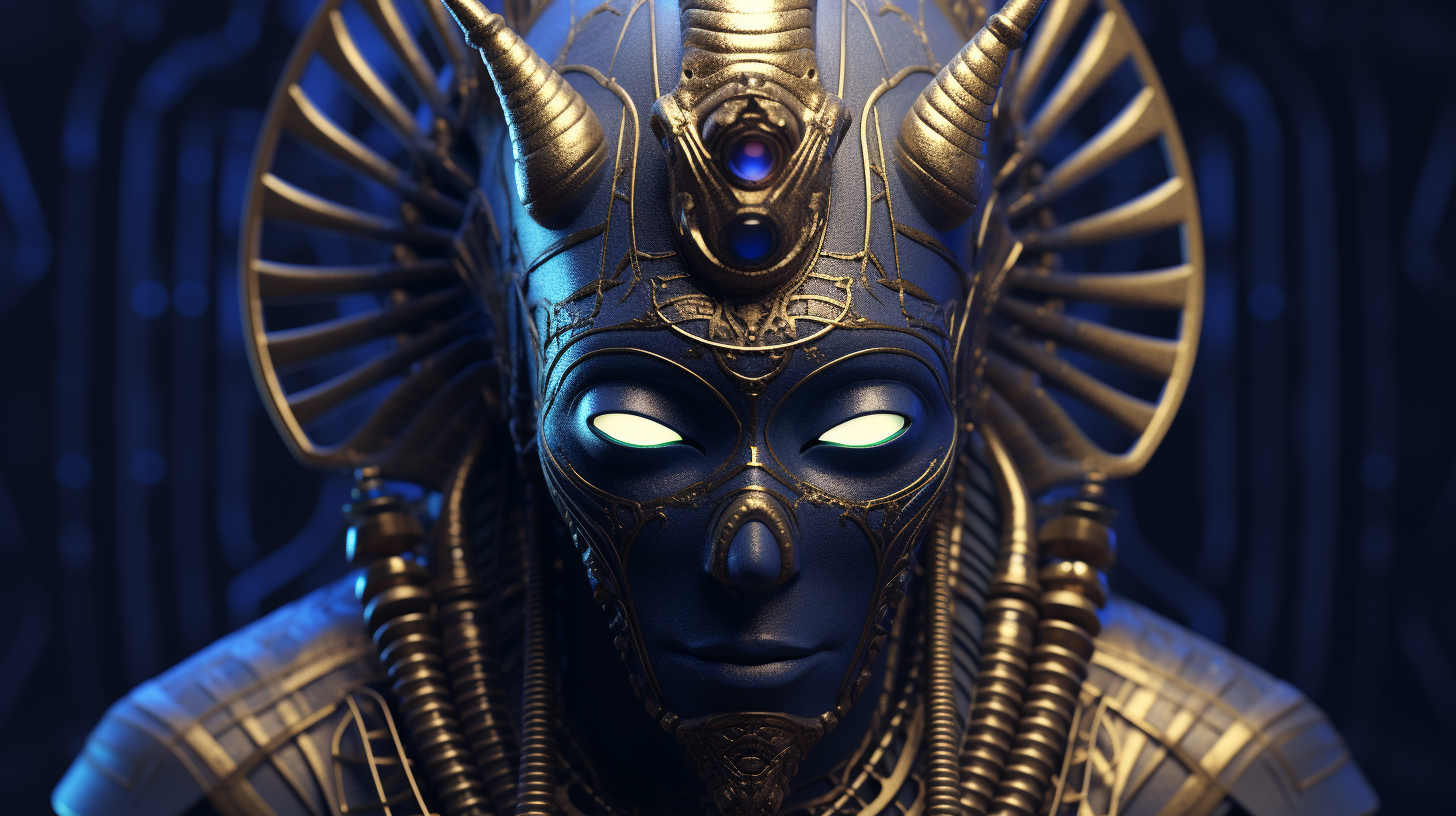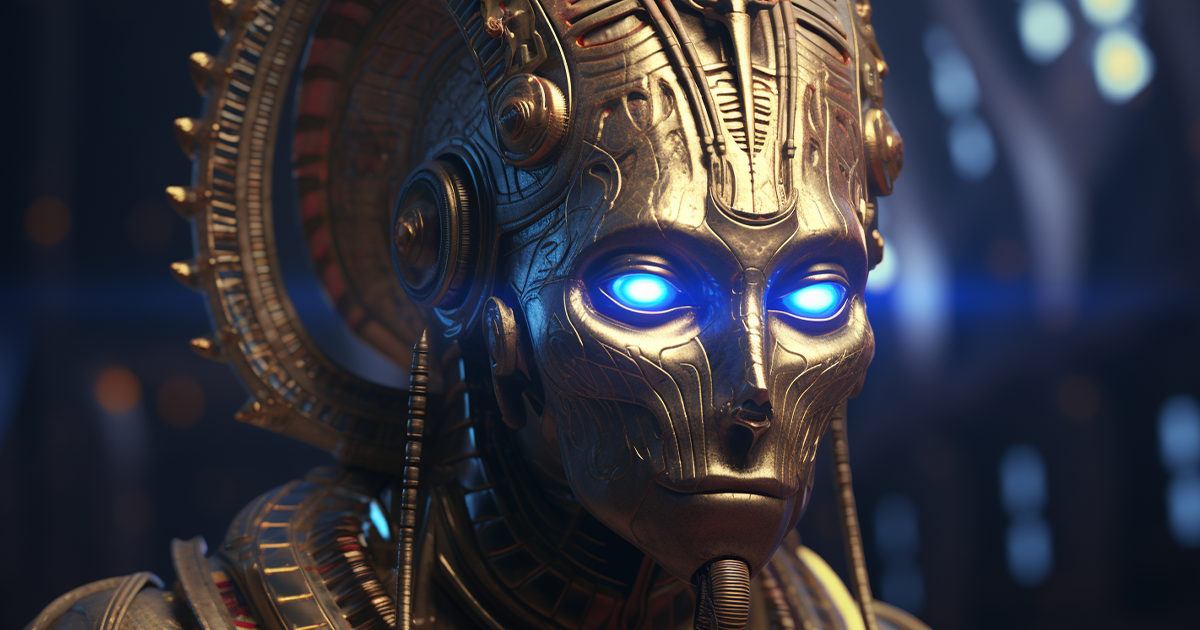Throughout the ages, the ancient Egyptian civilization has mesmerized scholars and enthusiasts alike with its enigmatic allure. At the core of this captivating culture lie intricate beliefs and myths interwoven with a diverse pantheon of gods. Today, we explore a thought-provoking perspective that has sparked debates: Could the genesis of Egyptian deities transcend terrestrial boundaries?
While historical evidence does not definitively support this notion, it introduces a stimulating idea that deepens the mystique surrounding ancient Egypt.
Reflecting on the concept of extraterrestrial gods, it is essential to question why ancient Egypt continues to fascinate researchers. With its rich history, monumental architecture, and complex religious practices, this civilization has intrigued scholars for generations.
The ancient Egyptians worshipped a multitude of gods and goddesses, each representing unique attributes and roles. These deities played a significant part in everyday life, influencing areas ranging from agriculture to governance and even beliefs about the afterlife.

Given the astonishing technological accomplishments of ancient Egypt, like pyramid construction and advancements in astronomy, some unconventional theories have emerged to explain their feats.
Suggesting the extraterrestrial origins of Egyptian deities is a bold hypothesis gaining traction. Proponents of this idea propose that the profound knowledge and architectural skills demonstrated by the ancient Egyptians might have been influenced by beings from distant planets.
One viewpoint posits that the construction of the pyramids, with their meticulous alignment and mathematical precision, required knowledge and expertise surpassing what ancient societies possessed. Could this indicate extraterrestrial intervention?
This captivating concept urges us to contemplate whether the revered Egyptian gods and goddesses could have been extraterrestrial visitors sharing their wisdom with the people of the Nile Valley. Is it plausible that these esteemed entities were misunderstood as divine beings, concealing their true extraterrestrial lineage?
It’s important to note that this speculative hypothesis lacks widespread acceptance among historians and archaeologists. Many scholars put forth alternative explanations for the accomplishments of the ancient Egyptians, emphasizing their ingenuity, perseverance, and profound understanding of mathematics and engineering.
Moreover, the legacy of the ancient Egyptians comprises a wealth of written records, religious scriptures, and inscriptions shedding light on their beliefs and practices. While steeped in symbolism and metaphor, these writings do not explicitly hint at extraterrestrial origins for their deities.
In Summary: Reimagining Ancient Egypt Through a New Lens
While the idea of alien Egyptian gods may stir curiosity, a cautious approach is advisable. Ancient Egypt encompasses a wealth of history, culture, and innovation, with its mysteries awaiting exploration devoid of sensationalism or bias.
In our ongoing quest to decipher the enigmas of this extraordinary civilization, we must analyze and acknowledge the accomplishments of the ancient Egyptians while remaining open to fresh interpretations and ideas. The allure of ancient Egypt lies not only in its mysteries but also in its ability to evoke wonder and fascination.
